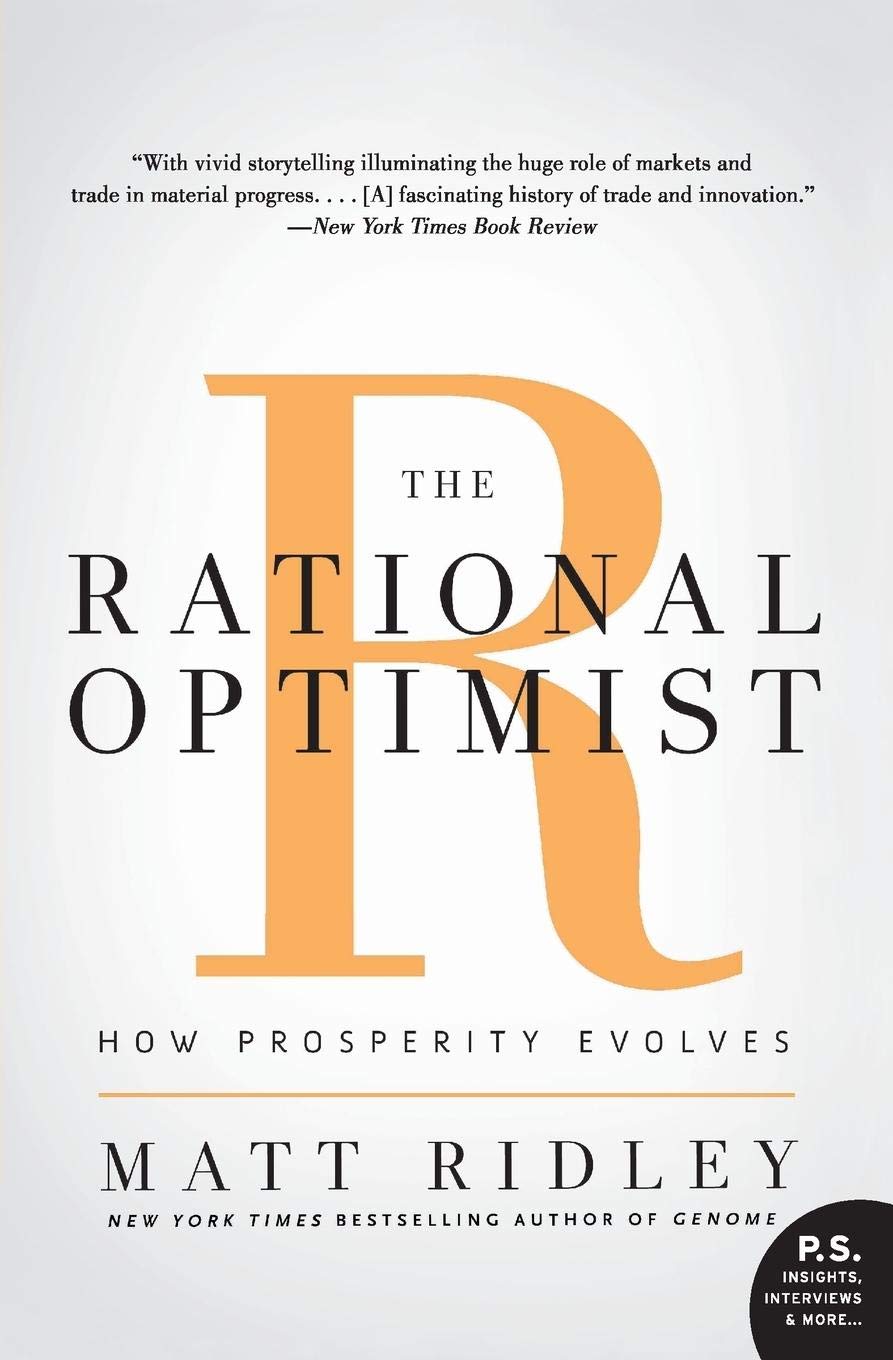Le fantasie di Wells e di Huxley si basano sulla considerazione che una specie che si adatti perfettamente a una nicchia ecologica statica è destinata alla stagnazione e alla totale estinzione. I loro incubi descrivono un futuro per la nostra specie che diventa possibile nel momento in cui costruiamo attorno a noi stessi un bozzolo protettivo che ci tenga al riparo dai cambiamenti, mentre le nostre facoltà mentali deperiscono. Un futuro di demenza senile, possibile sia per la specie che per gli individui. Tuttavia, quando paragono queste visioni di un'umanità statica e immobile con le turbolenze della storia umana, sono tentato di esclamare come Winston Churchill: ‘Ma che razza di gente pensano che noi siamo?’. Churchill si riferiva al popolo inglese nel 1940, quando venne generosamente invitato da Hitler a trattare la pace dopo che questi aveva conquistato la Francia. Ma un commento simile si adatta all’intera specie umana, quando gli esperti ci considerano destinati a un futuro stagnante e impoverito. La specie umana ha una tendenza profondamente radicata a dimostrare che gli esperti si sbagliano.

Nel mezzo secolo che è trascorso tra il 1875 e il 1925, mentre il tenore di vita europeo balzava a livelli prima inimmaginabili, e mentre elettricità e automobili, macchine per scrivere e film, società di mutuo soccorso e università, bagni interni e vaccini esercitavano un forte effetto positivo sulla vita di molti, gli intellettuali erano ossessionati dall’imminente declino, dalla degenerazione e dal disastro. Proprio come aveva detto Macaulay, belavano di continuo che la società era giunta a un punto di svolta; avevamo ormai visto i nostri giorni migliori.

In the mid-1970s it was briefly fashionable for journalists to write scare stories about the recent cooling of the globe, which was presented as undiluted bad news. Now it is fashionable for them to write scare stories about the recent warming of the globe, which is presented as undiluted bad news. Here are two quotes from the same magazine three decades apart. Can you tell which is about cooling and which about warming? The weather is always capricious, but last year gave new meaning to the term. Floods, hurricanes, droughts – the only plague missing was frogs. The pattern of extremes fit scientists’ forecasts of what a ——world would be like. Meteorologists disagree about the cause and extent of the ——trend, as well as over its specific impact on local weather conditions. But they are almost unanimous in the view that the trend will reduce agricultural productivity for the rest of the century ... The longer the planners delay, the more difficult will they find it to cope with climatic change once the results become grim reality. The point I am making is not that one prediction proved wrong, but that the glass was half empty in both cases. Cooling and warming were both predicted to be disastrous, which implies that only the existing temperature is perfect. Yet climate has always varied; it is a special sort of narcissism to believe that only the recent climate is perfect. (The answer by the way is that the first one was a recent warning about warming; the second an old warning about cooling – both are from Newsweek.)
Latest
- Giving a Voice to the Past: Intangible Heritage and Forgotten Territories 25 October 2025
- Donner une voix au passé : patrimoines immatériels et territoires oubliés 25 October 2025
- Tra overtourism e undertourism: la ricerca di equilibri territoriali sostenibili 21 June 2025
- Overtourism and Undertourism: The Challenge of Managing Contemporary Tourism 21 June 2025
- Overtourism et undertourism : le défi de la gestion du tourisme contemporain 21 June 2025
Most read
- Le alterazioni dell’ecosistema
- Le tourisme urbain
- La théorie du cycle d'erosion et critique du modèle davisien
- Gestione del comprensorio montano del Ceresio (InterReg II)
- Strumenti e strategie per la condivisione e la valorizzazione dei patrimoni culturali ticinesi, Convegno Digitalizza la cultura
- Globetrotter: un nuovo modo di viaggiare
- Un museo per viaggiatori e avventurieri d'inizio secolo

Osare: il progresso si ottiene solo così.
Oser: le progrès est à ce prix.
To dare; that is the price of progress.
Victor Hugo, Les Misérables

